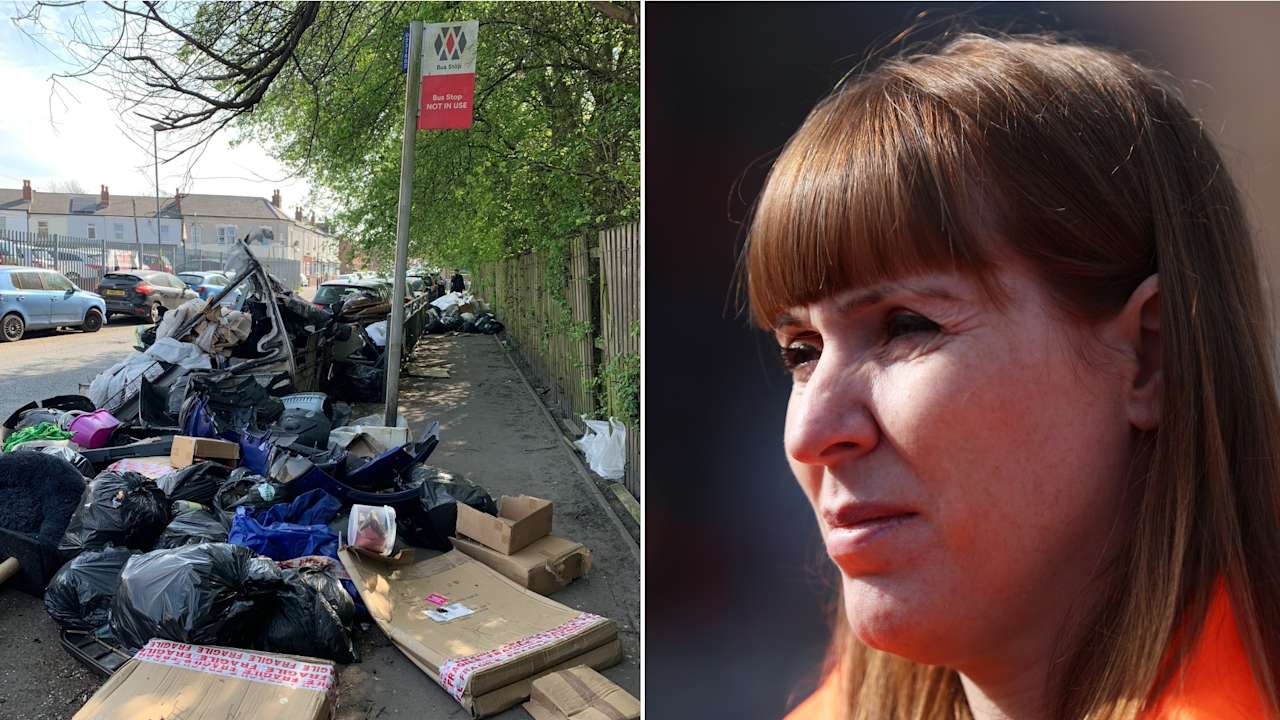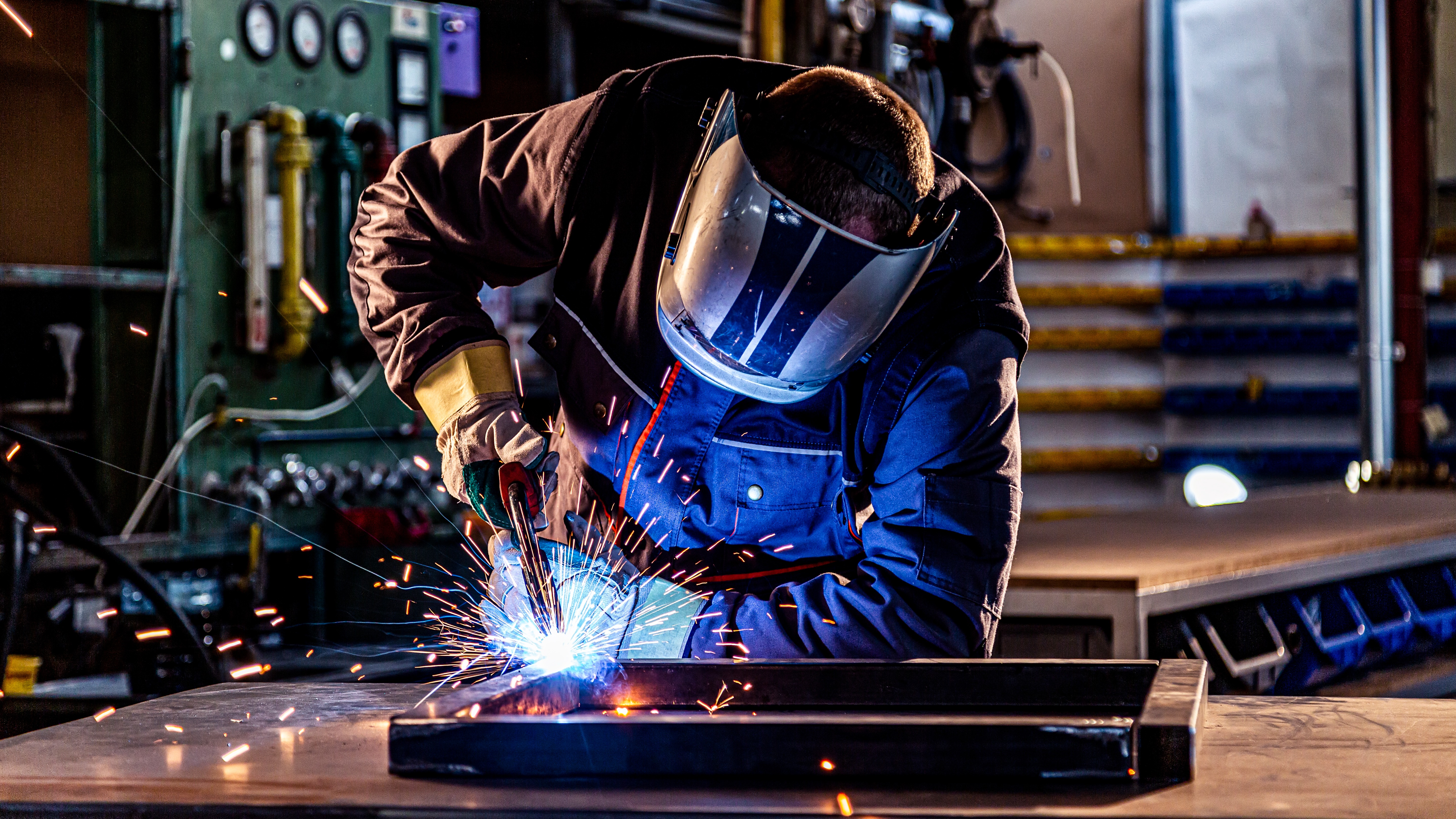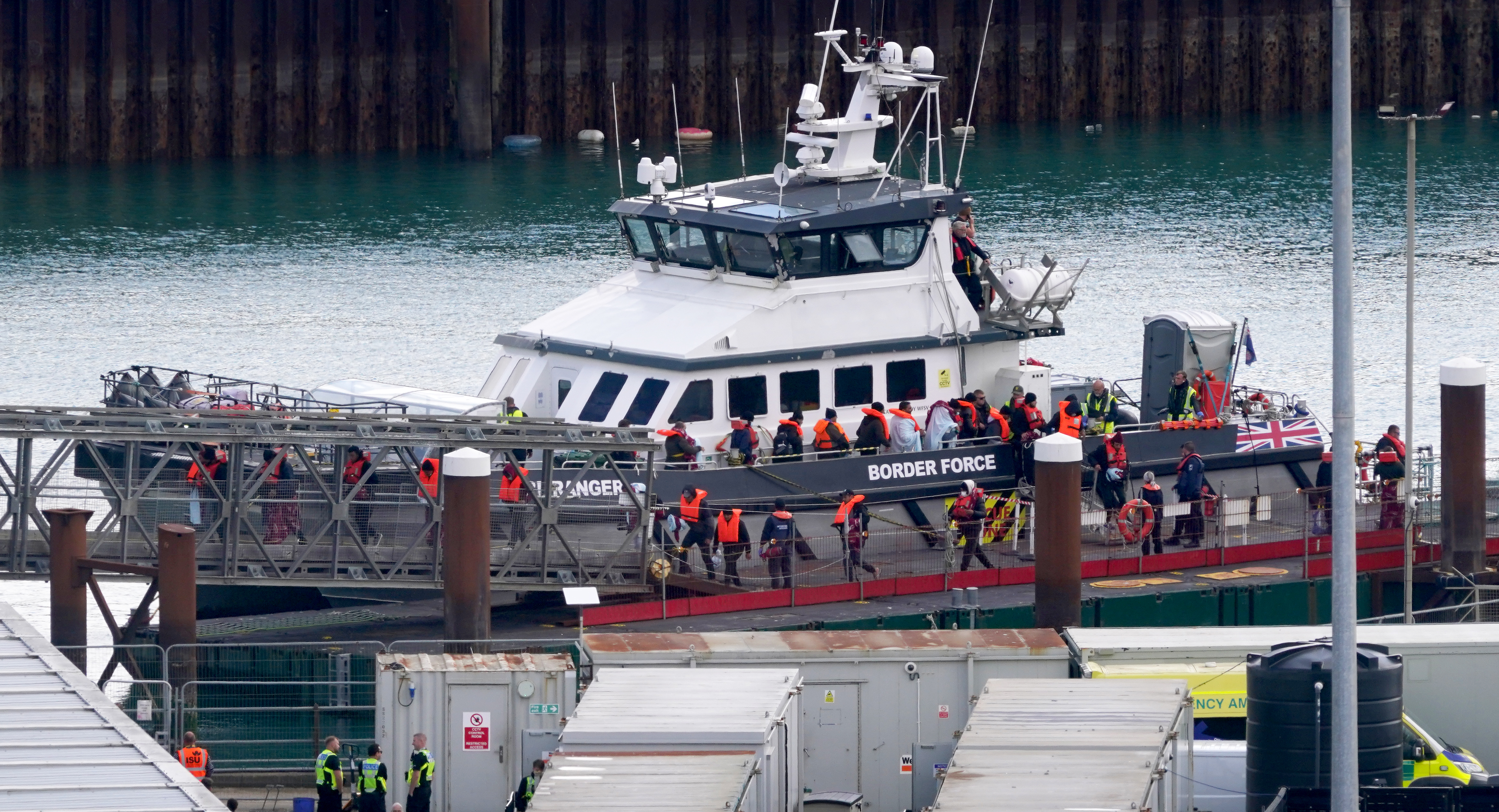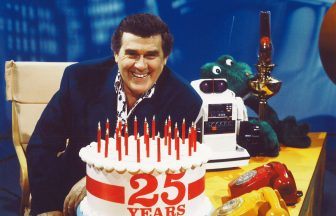A high voter turnout in the Scottish Parliamentary election is “good for democracy”, with a rise in postal votes due to the coronavirus pandemic, it has been suggested.
It comes after the Electoral Commission in Scotland indicated that a total of 4,280,785 people – the highest electorate ever for a Scottish Parliament election – had registered to vote this year.
On Friday, high voting turnouts were recorded at early declarations including across the Clydebank and Milngavie, (70.8%, 37,767 votes), the Renfrewshire North and West, (67.9%, 38,367 votes), and the Paisley (62.6%, 35,108 votes) constituencies.
Last year, voting rights were also extended to all foreign nationals with leave to remain, including all those granted refugee status, after the Scottish Elections (Franchise and Representation) Bill was passed at Holyrood.
Rob Johns, politics professor at the University of Essex, described the high turnout at the ballot box this year as an “unexpected surprise”.
He told STV News: “Most of the polls were suggesting that the turnout would be quite low. This suggests more enthusiasm for voting.
“What is a bit hard to tell is whether it’s enthusiasm for the political parties on show or it’s just enthusiasm for the fact that A, you can actually go out and do something, and B, it was made a lot easier because a lot more people are having postal votes.
“So, it’s an unexpected surprise, it’s good news for democracy, but I don’t think the political parties should get too enthusiastic about how much they’ve attracted voters.”
Professor Johns also highlighted the impact of the coronavirus pandemic on a rise in the number of postal voters.
He said: “Normally we’d say that a higher turnout is good news for the SNP, they tend to have a bit more difficulty getting their vote out than the Conservatives, mainly because the SNP’s vote is younger and younger people are less reliable voters than older people.
“The suggestion here is that the turnout’s up across the board which suggests that probably all groups and probably all parties are benefitting, but of course they don’t benefit because the others benefit too.
“So, I think it’s going to be just kind of an across the board day for turnout.”
Professor Johns continued: “My guess would be that Covid plays a significant part just because the independence thing was around in 2016 and in fact it was just as big then so what seems to have changed is the pandemic.
“And I suspect that what has happened is that a lot of people thought, ‘right, I’ll get a postal vote given the circumstances’, people who would not otherwise have voted but it’s much easier once you’ve got the postal vote on your table to sort that out.
“And so I think that’s probably what’s happened and what we do see is that the average age of postal voters in this election has fallen a lot, in other words postal voters don’t look like an unusual and especially old group of the population that votes come Hell or high water, they now look more like the general voting population.”
He added: “Everything will take a bit longer because of the high turnout and that’s going to stretch people’s patience because this is already a bit of an elongated process, but it’ll be worth the wait hopefully.”
Follow STV News on WhatsApp
Scan the QR code on your mobile device for all the latest news from around the country























